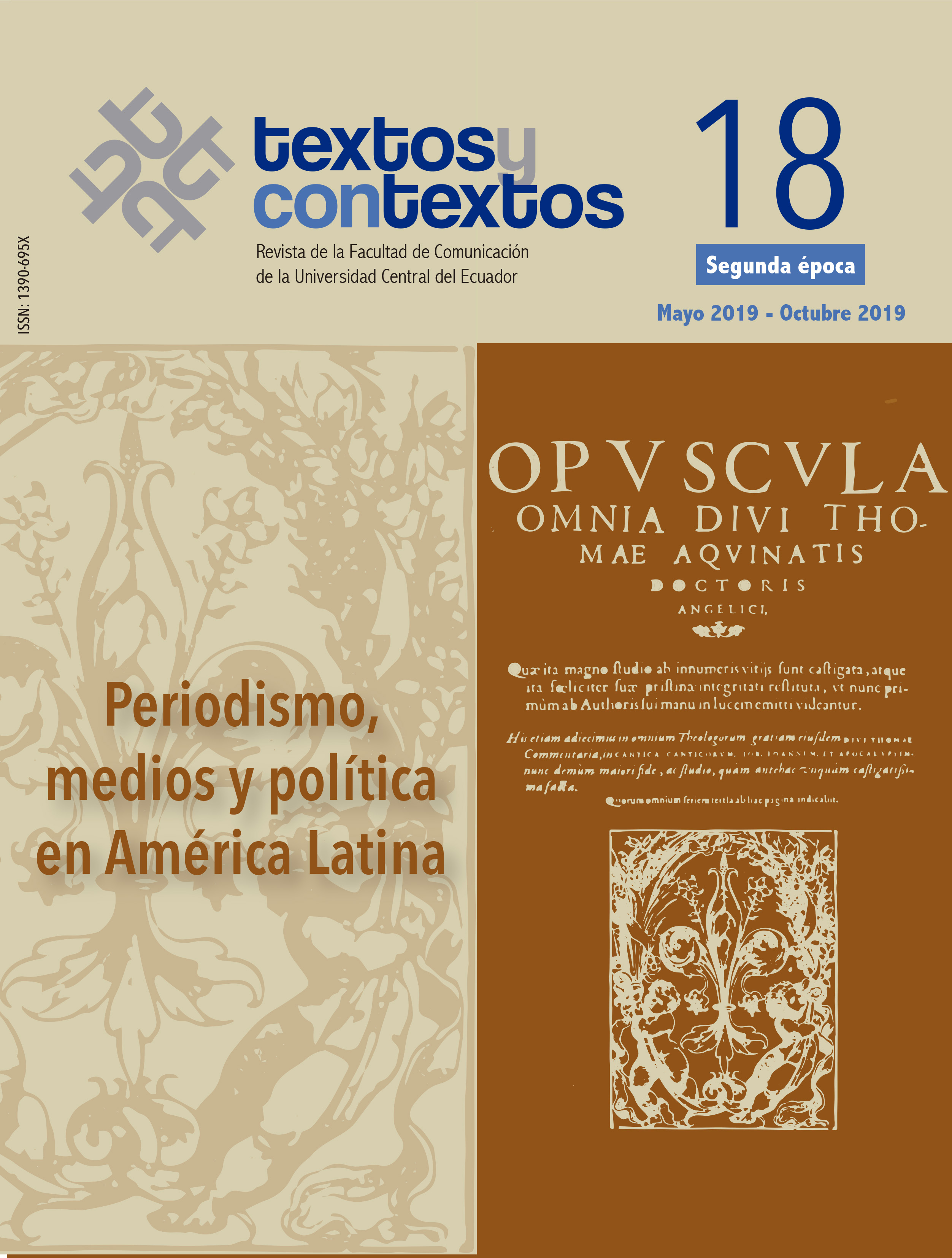Power, memory and intellectual work From the literate city to the "native" intellectuals
Main Article Content
Abstract
In this paper, the author updates the reflection based on the Gramscian notion of organic intellectual. Beyond the common places, this work leads to think of intellectual work from its social relations embedding, and from its productive role of ideological, political and economic structures too; so, it allows thinking intellectual work as a builder of relationships of power and or domination. On the other hand, it emphasizes the fact that writing is not an indispensable condition for the fulfillment of intellectual work, as clearly shown by the experiences of indigenous and border intellectuals of the Colombian CRIC; these intellectuals support emancipatory projects based on the restitution of their political memory. Then, beyond the collective identities constructed by the academies of the North and by the traditional intellectuals, there are also projects which redefine identities and emancipatory utopias, in unequal modernities and postmodernities times. They are projects based on the rescue of historical memory, articulating it to contemporary political processes, finally enunciated by the respective subaltern groups.




